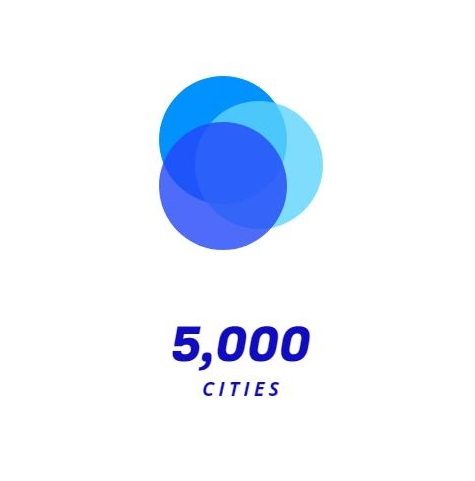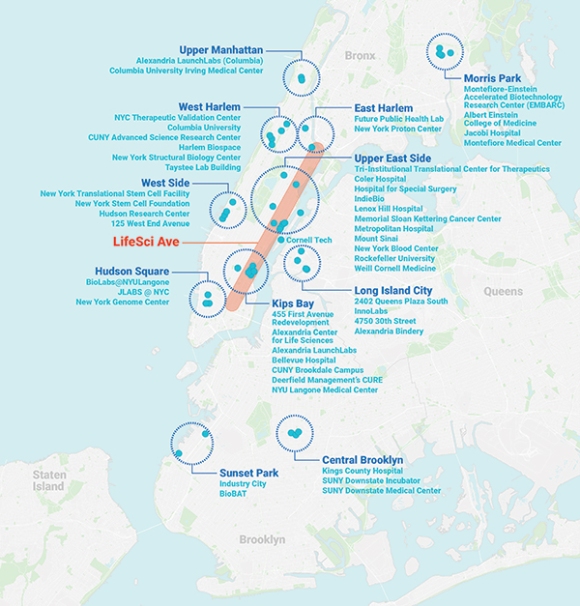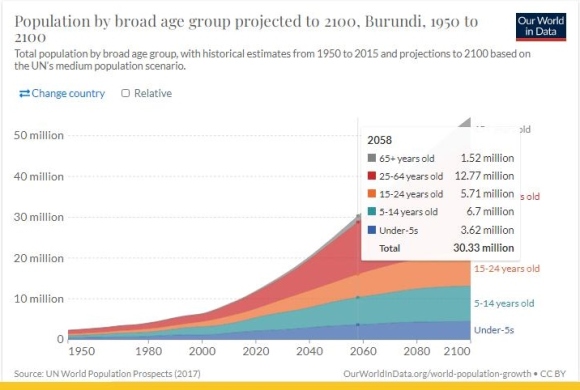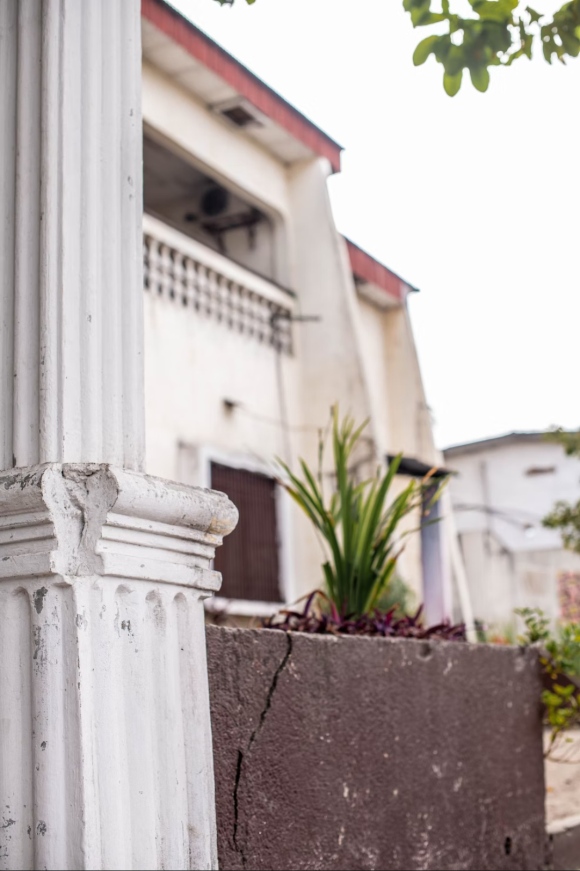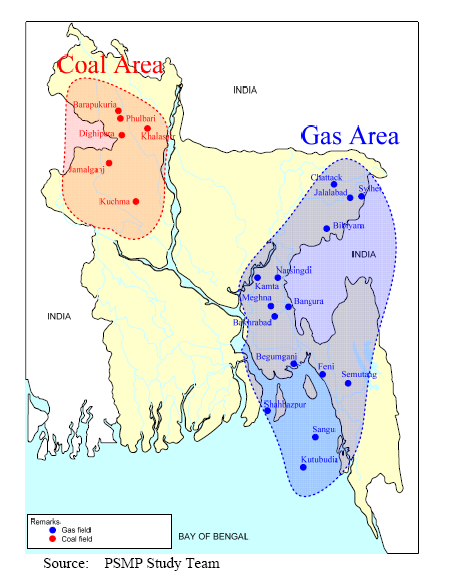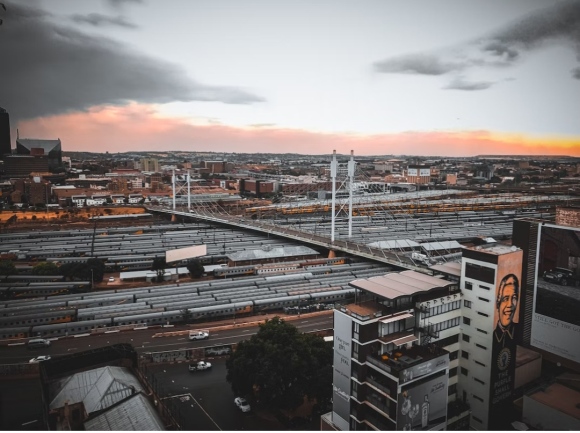Meet Salaudeen Rofiat, an early career researcher from Lagos. The following are her observations.
Many in Nigeria still practise poor waste management through open dumping, open burning, incineration and unregulated landfills.
The Igando/Ikotun community in Lagos State is one of the communities facing this challenge. There is a need for improved waste management practices to protect the community from further hazards.
The community is located in the Alimosho local government area, the largest local government area in Lagos State, and it has six subdivisions of which the Ikotun/Igando community houses three dump sites that occupy 8 ha of land — the second largest dump site in Lagos.


Igando dumpsite: a looming environmental hazard
The Igando community is a suburban area occupied predominantly by low-income earners. With the increase in the cost of living in urban areas there is rapid immigration from bigger urban areas to the community and this exerts much pressure on the environment.
The dumpsite comprises three landfills: Solous 1, 2, and 3 that emit odor and gases that are detrimental to public health thereby predisposing members of the community to disease and infections.
The Alimosho General Hospital facilities are close to the dumpsite. The smell from the dumpsite affects the patients thereby impairing the standard of treatment. Other environmental consequences include water pollution which could cause diseases such as cholera, diarrhoea, dysentery and fever.
The presence of plastic waste in these dumpsites is of great concern because it threatens marine ecosystem. Recycling is a solution to plastic waste pollution.
According to a report by the United Nations Industrial Development Organization from 2022, Nigeria generates over 32M tons of waste annually, with plastic accounting for 2.5M tonnes. Nigeria as the largest oil exporting country in Africa is faced with the challenge of managing plastic waste while diversifying the economy.
Here are two examples of environmental and innovation initiatives in Lagos to inspire you.
@reswaye The Recycling Scheme for Women and Youth Empowerment is an initiative of mental and environmental development initiative for children established to reduce the volume of plastic waste produced yearly and also improve the livelihood of women and youth.
The organization has between 51-200 employees, working towards a 2030 goal to help collect and recycle a bottle for every one sold.
The RESWAYE initiative had recovered 159,000 kg of plastic waste along the Lagos coastline.
It was reported that after 18 months of operation 2,000 women and youth were empowered and 2,124 households were impacted resulting in 13,000 direct and indirect beneficiaries in the Ibeju Lekki community of Lagos.
PAKAM is a mobile application that was launched in 2021. It connects households, and businesses with recyclers in Lagos State to ease the waste disposal process and also generate income for recyclable plastic such as PET.
It also has a great feature that enables citizens to report environmental threats using real-time live video and chat that shows the exact location to regulatory agencies faster.
Achieving an improved waste management system is the responsibility of everyone in society — individual households, government and NGOs and this can be achieved through education and awareness of the public, to combat the issue of improper waste management.
Get in touch with Rofiat for environmental sustainability research and projects.
